Could Russia's faltering economy end the war?
Sanctions are taking a toll. So could an end to combat.

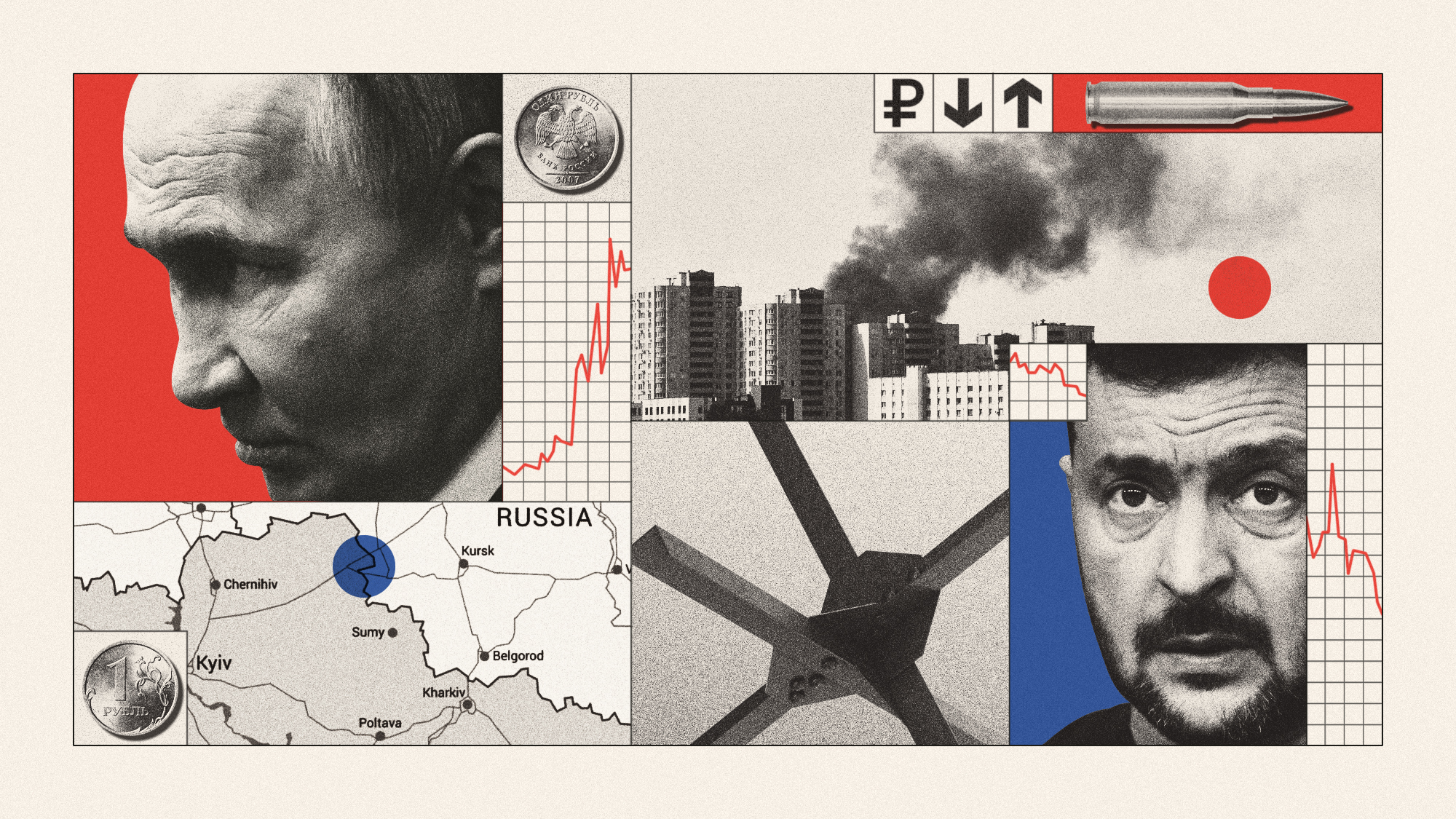
Nearly three years after the invasion of Ukraine, Russia's economy is stumbling. The ruble is falling, inflation is rising and sanctions are taking their toll. What does all this mean for Vladimir Putin's war effort?
The crisis comes at a "pivotal time" in the war, said The Wall Street Journal. Russia is making advances in Ukraine, and President-elect Donald Trump has promised to put a peace deal at the top of his agenda. But the outgoing Biden administration also recently decided to "ratchet up" sanctions on Gazprombank — one of Russia's last unsanctioned banks, which Moscow uses to pay soldiers — triggering the slide in the ruble's value. Meanwhile, Russia's wartime spending is crowding out investment in nonmilitary sectors like healthcare and education. The result is that "difficulties are expected to mount the longer the war persists," said the Journal.
"If you're an entrepreneur in Russia who doesn't make, say, ballistic missiles, then you're having a tough time," Alexander Kolyandr, an expert at the Center for European Policy Analysis, said to The New York Times. But it's dangerous for business leaders to blame the slowdown on the Ukraine war, "which would risk Putin's ire." Russian elites have turned instead to blaming each other. As the war continues in the meantime, the country's economic problems appear to be "far from provoking the kind of crisis that might compel Putin to curtail his ambitions."
The Week
Escape your echo chamber. Get the facts behind the news, plus analysis from multiple perspectives.

Sign up for The Week's Free Newsletters
From our morning news briefing to a weekly Good News Newsletter, get the best of The Week delivered directly to your inbox.
From our morning news briefing to a weekly Good News Newsletter, get the best of The Week delivered directly to your inbox.
What did the commentators say?
"The economic bill for the war is at last coming due," said The Economist. Russia "confounded many analysts' gloomy predictions" by maintaining a strong economy for the first two years of the Ukraine war, despite a strict regime of sanctions by Western countries. That may not be sustainable — not that Putin is willing to admit that publicly. "There are certainly no grounds for panic," he told reporters in late November. That kind of talk is "usually a sign that something is wrong," said The Economist. And it's troublesome for the war effort: The devalued ruble will make imports more expensive, "which will raise the cost of military equipment" purchased from China.
There is also an economic cost to ending the war. Russia's wartime military spending has "enriched elites and boosted domestic demand," Alexander Mertens said at The Atlantic Council. That helped "foster pro-war sentiment and bolster support" for Putin's regime. Ending that spending could cause a "significant drop in real incomes for much of the population." This leaves Putin caught between hard choices. Russia's economy risks "overheating" if wartime spending continues, Mertens said. But if that spending ends, the "economic repercussions could be dire."
What next?
Putin is sticking with the status quo. He just signed a new budget to "boost defense spending to a record level next year," said Business Insider. Military spending will take up nearly a third of the government's budget, up from 28.5% this year. Russian business elites like Andrei Kostin, CEO of VTB bank, are bracing for the results. "It is impossible," he said, "for the economy to go through such events without consequences."
A free daily email with the biggest news stories of the day – and the best features from TheWeek.com
Joel Mathis is a writer with 30 years of newspaper and online journalism experience. His work also regularly appears in National Geographic and The Kansas City Star. His awards include best online commentary at the Online News Association and (twice) at the City and Regional Magazine Association.
-
 San Francisco tackles affordability problems with free child care
San Francisco tackles affordability problems with free child careThe Explainer The free child care will be offered to thousands of families in the city
-
 How realistic is the Democratic plan to retake the Senate this year?
How realistic is the Democratic plan to retake the Senate this year?TODAY’S BIG QUESTION Schumer is growing bullish on his party’s odds in November — is it typical partisan optimism, or something more?
-
 Taxes: It’s California vs. the billionaires
Taxes: It’s California vs. the billionairesFeature Larry Page and Peter Thiel may take their wealth elsewhere
-
 US nabs ‘shadow’ tanker claimed by Russia
US nabs ‘shadow’ tanker claimed by RussiaSpeed Read The ship was one of two vessels seized by the US military
-
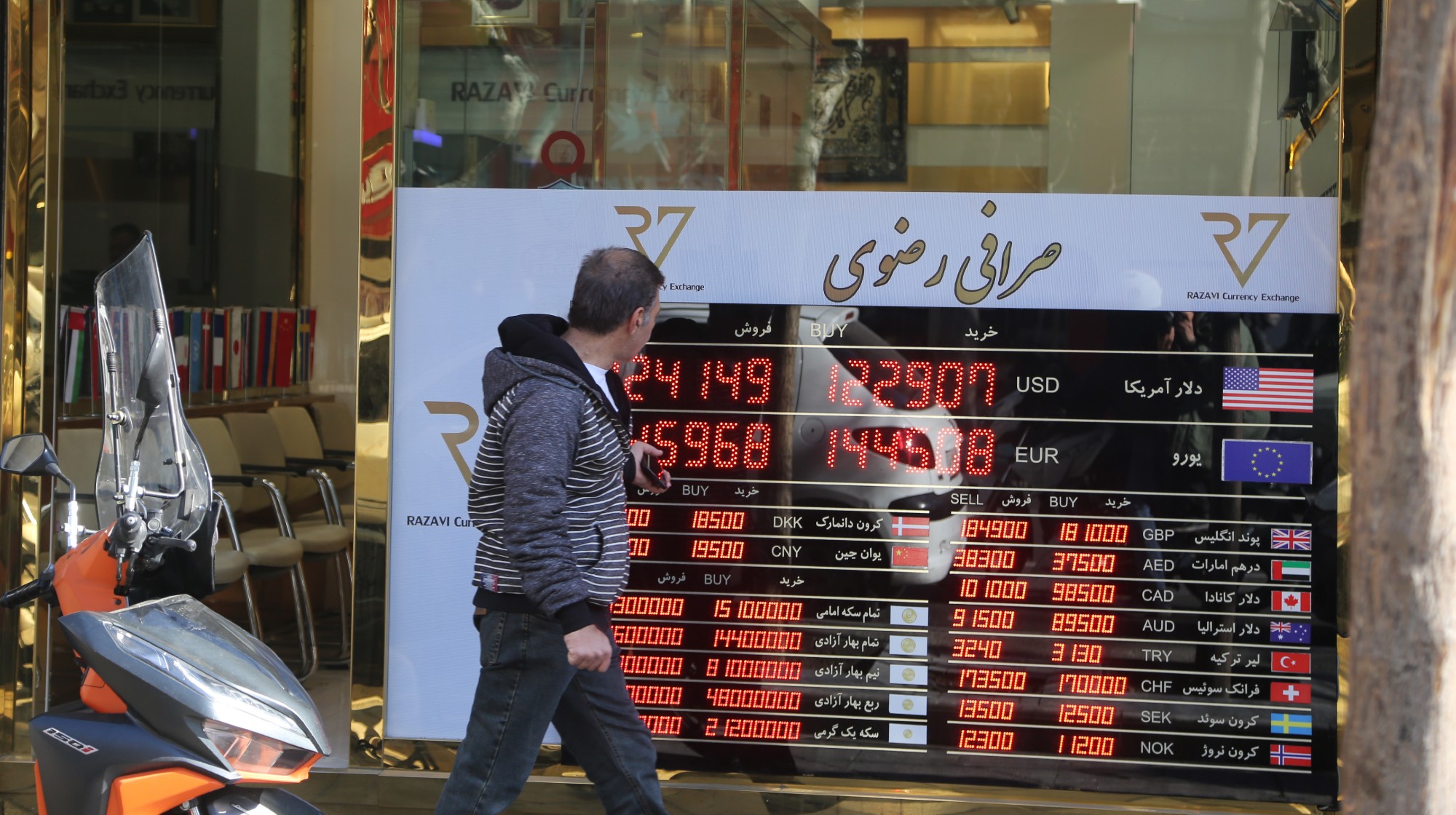 Why is Iran facing its biggest protests in years?
Why is Iran facing its biggest protests in years?TODAY’S BIG QUESTION Iranians are taking to the streets as a growing movement of civic unrest threatens a fragile stability
-
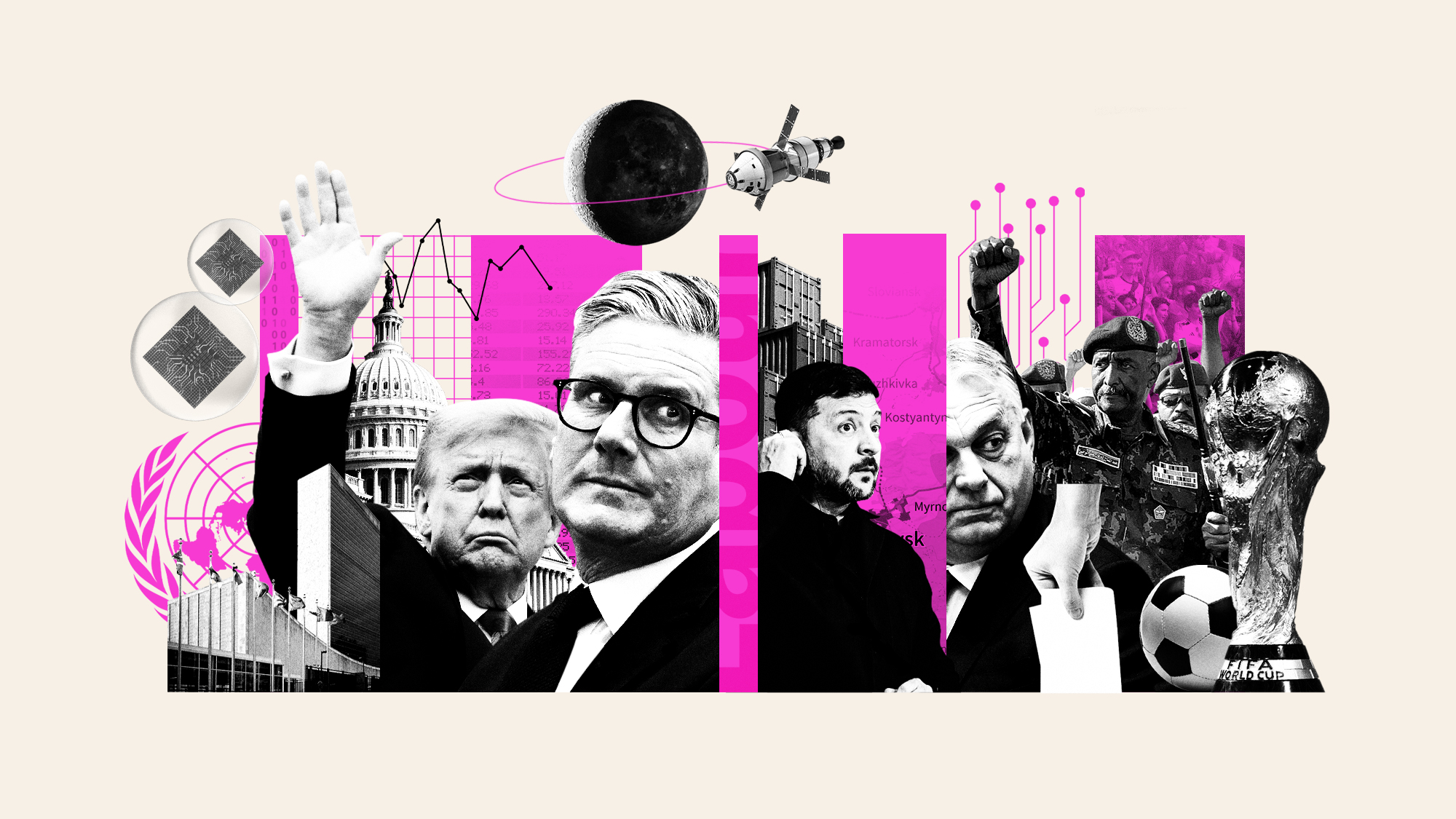 What will happen in 2026? Predictions and events
What will happen in 2026? Predictions and eventsIn Depth The new year could bring peace in Ukraine or war in Venezuela, as Donald Trump prepares to host a highly politicised World Cup and Nasa returns to the Moon
-
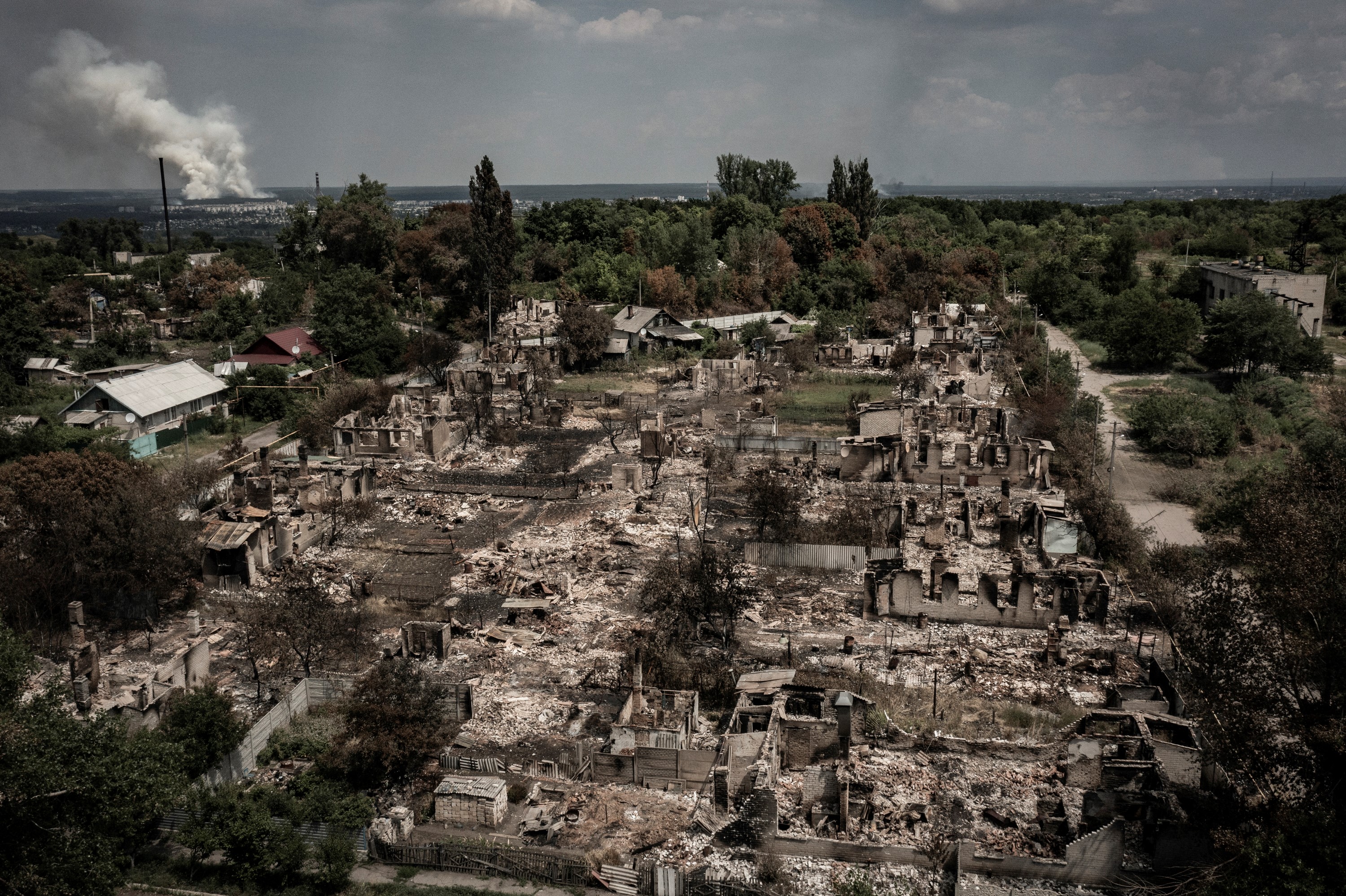 All roads to Ukraine-Russia peace run through the Donbas
All roads to Ukraine-Russia peace run through the DonbasIN THE SPOTLIGHT Volodymyr Zelenskyy is floating a major concession on one of the thorniest issues in the complex negotiations between Ukraine and Russia
-
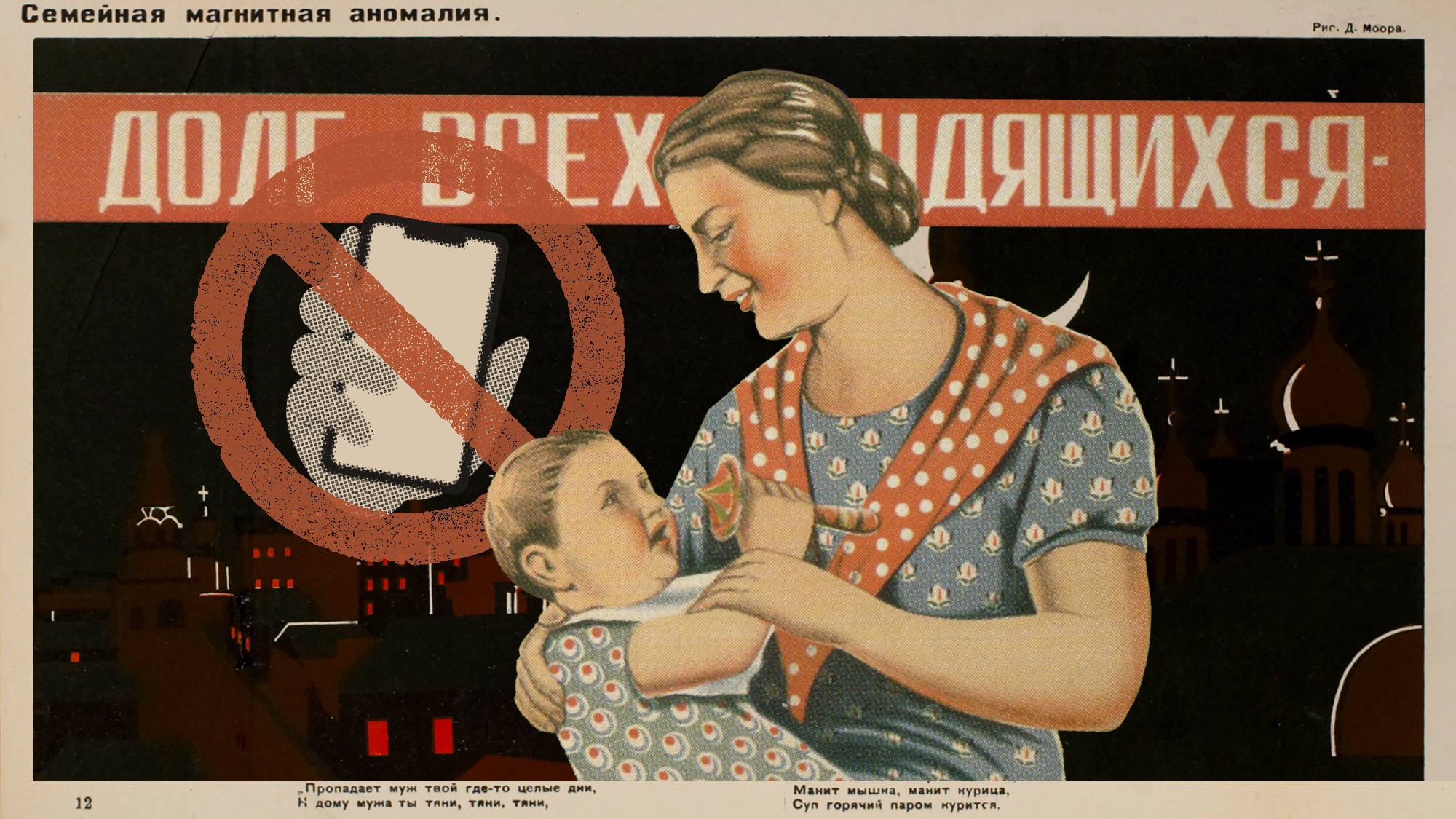 Russia’s ‘weird’ campaign to boost its birth rate
Russia’s ‘weird’ campaign to boost its birth rateUnder the Radar Demographic crisis spurs lawmakers to take increasingly desperate measures
-
 US offers Ukraine NATO-like security pact, with caveats
US offers Ukraine NATO-like security pact, with caveatsSpeed Read The Trump administration has offered Ukraine security guarantees similar to those it would receive from NATO
-
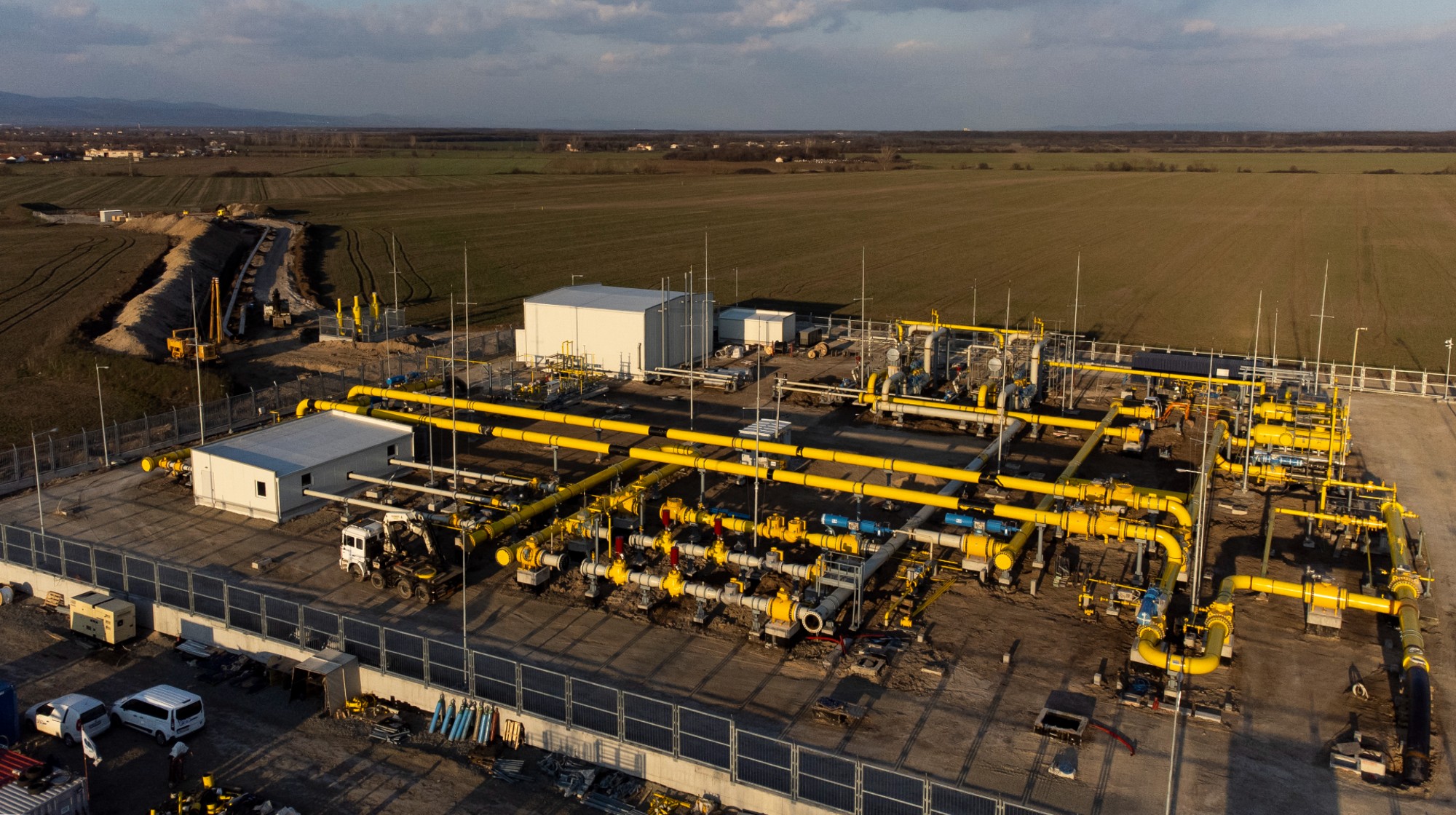 Europe sets 2027 deadline to wean itself from Russian gas
Europe sets 2027 deadline to wean itself from Russian gasIN THE SPOTLIGHT As negotiators attempt to end Russia’s yearslong Ukraine invasion, lawmakers across the EU agree to uncouple gas consumption from Moscow’s petrochemical infrastructure
-
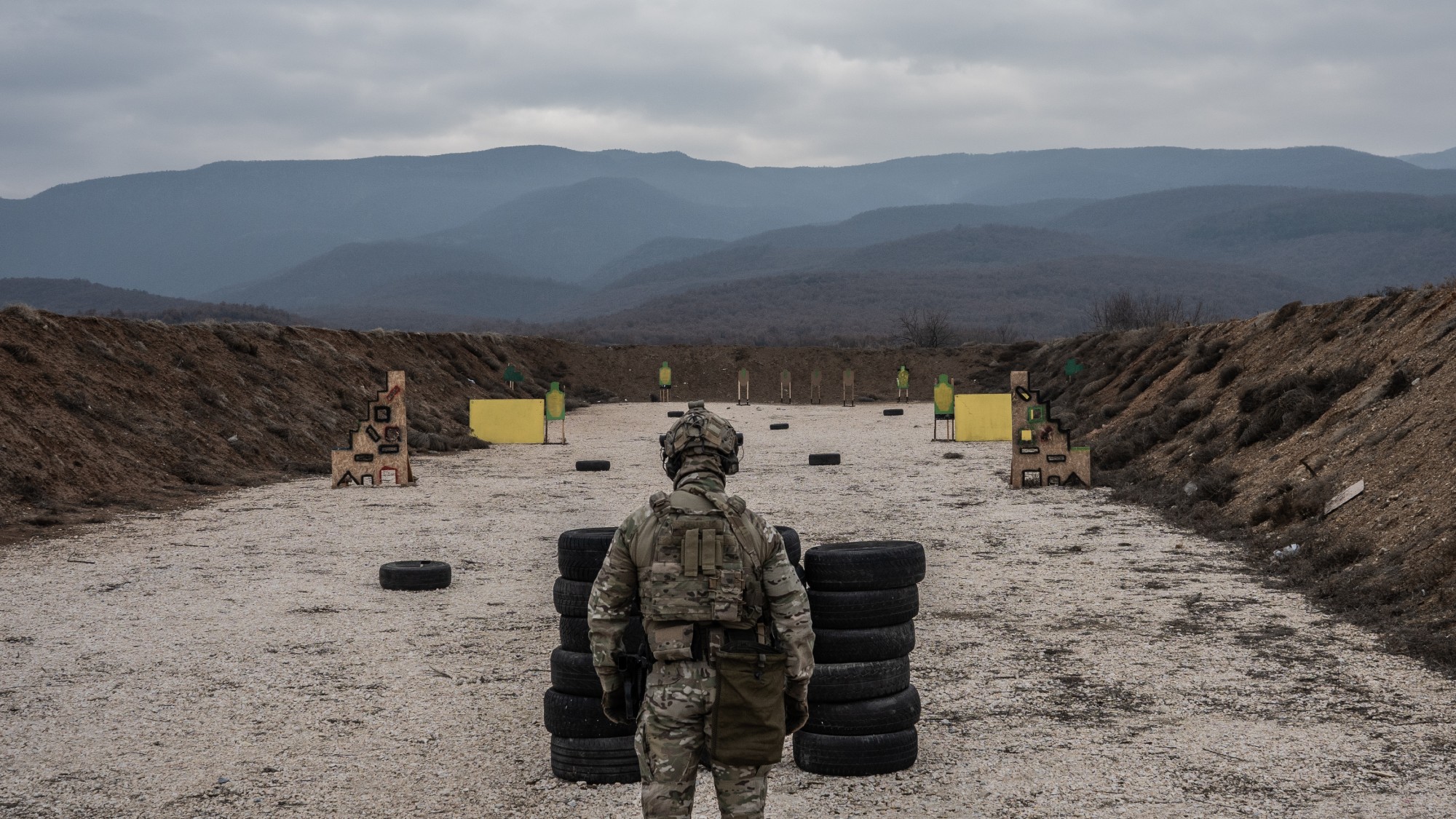 Is Europe finally taking the war to Russia?
Is Europe finally taking the war to Russia?Today's Big Question As Moscow’s drone buzzes and cyberattacks increase, European leaders are taking a more openly aggressive stance
